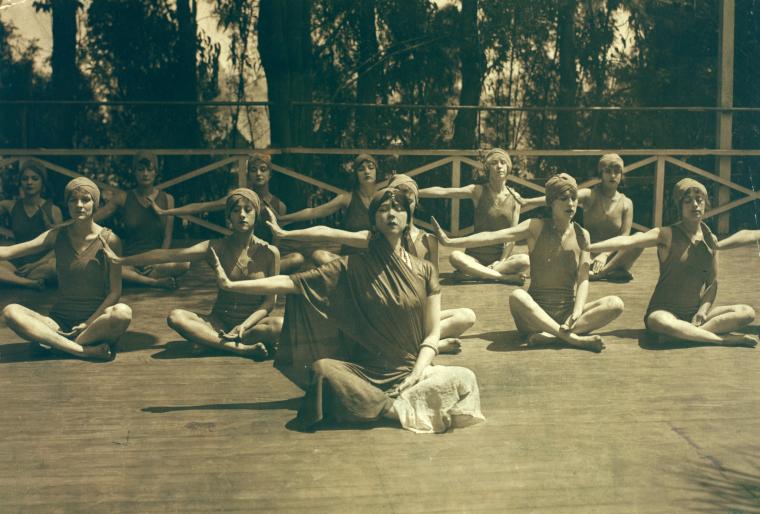Should a Stoic get married? Rufus says yes.
I've been hitting Musonius Rufus pretty hard lately, using
Cynthia King's excellent translations. I would buy this work as one of the essential texts of Stoicism. For me a good place to start is the Enchiridion, Meditations, and Rufus.
Why? Because Rufus explicitly discusses practice. He tells us what to wear, how to eat, what to do (he thinks that we should all be farmers)... I'm not saying that we 21st century Stoics should blindly follow him*, but it does make for some interesting introspection.
Anyway, in his 14th lecture Rufus tells us that marriage is no hindrance to philosophy, and points to Crates as one of his examples.
Crates was a famous and respected Cynic who taught Zeno, our philosophy's founder. Stoicism has sometimes been described as a more reasonable and moderate form of Cynicism*, so it's worth our time to consider this very strange man, whose sole possessions seem to have been a thin cloak, a chiton-style tunic, and a satchel.
Rufus tells us that even though Crates had no home, property or money, he married a woman anyway and lived with her beneath the public stoas of Athens.
Crates' wife was herself a Cynic philosopher. Her name was
Hipparchia of Maroneia. She fell in love with Crates against her parents' wishes and gave away all her money to live with him a life of poverty. She donned the clothes of a man and together they had two children... apparently conceiving them right out in the open in typical cynic fashion. Here's a woman who took her philosophy seriously.
Rufus then goes on to say that if this fellow can practice philosophy while homeless, why should marriage be a hindrance to those of us who have homes and maybe even servants? What's our excuse?
Not only was Crates able to study philosophy, he was also able to teach it and thus to contribute to his city. We are not meant to live like wolves according to Rufus. We aren't meant to exist in community just to better our odds of surviving; we are meant to live like bees. We are meant to contribute to the well being of our brother and sister humans.
"A virtuous person," he says, "displays love for his fellow human beings, as well as goodness, justice, kindness, and concern for his neighbor--given all this, shouldn't each person, out of concern for his city, create a family with the well being of the city in mind?"
So, according to Rufus, a virtuous Stoic marries and has children for the good of the city,* even if that Stoic is homeless.
By the way, if you find a suitable partner and you choose to propose in the style of Crates simply strip naked and declare to your love that this is all you own in the world. I didn't do that, but then I'm not a Cynic...
All this makes me wonder if I've ever met a latter day homeless Crates in the streets of my city. I probably avoided him or gave him a quick, pitying smile and moved on.
* * *
Images are public domain
*It's interesting how some modern Stoics respond to the smallest perceived simplifications and inaccuracies with outrage... is that a very Stoic thing to do?











